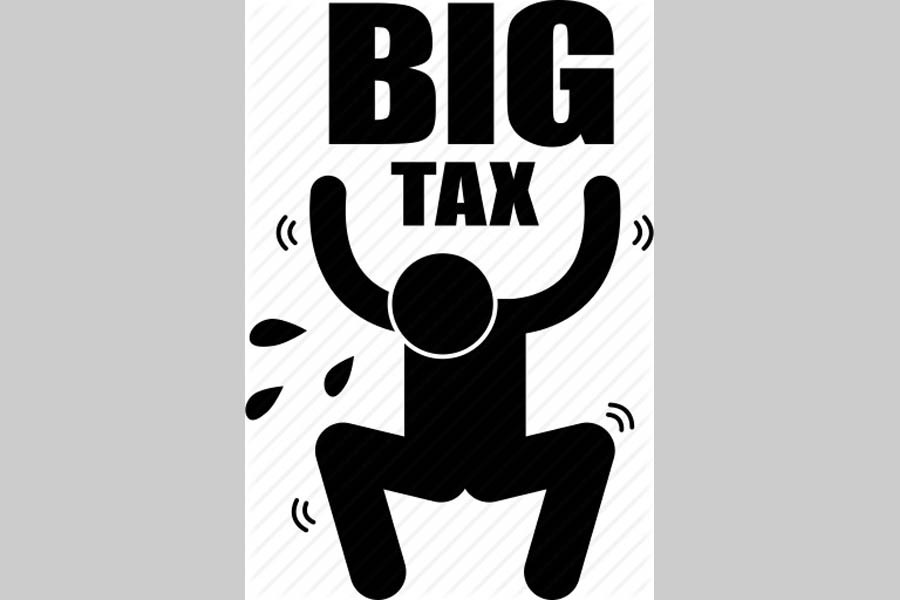
Published :
Updated :

When US President Donald Trump unveiled his tax proposals the detractors pounced on the relief he gave to the rich. As it turned out, the rich have been spending more, giving businesses a boost. Big businesses were given tax breaks to re-invest. With unemployment low and new jobs being created Mr. Trump is having a quiet laugh. He didn't tax the rich to give to the poor --merely changed the course of money flow. In between he used the Jamal Khasoggi affair to get Saudi Arabia to lift more fuel so as to keep the prices stable. With Russia and Saudi Arabia having agreed on fuel limits and Qatar having pulled out of OPEC the prices are likely to remain low.
Bangladesh continues in the age-old theory of taxing or rather over-taxing the rich not just to spend on development but to cover up its inability to collect tax from more sources. The result is a slowdown in business in terms of certain Fast Moving Consumer Goods (FMCG) as well as in the real estate sector. The concept of keeping the minimum taxation ceiling where it has remained for the last few years, there's a quiet but uncomfortable squeeze on disposable income. The expected downward revision of fuel prices is not likely to be passed on to consumers to parry other taxation shortfall. The giving up of footpaths to vendors is doing for the poorer, what Mr. Trump did for the rich. The difference is that it does nothing for the exchequer.
And Emmanuel Macron has just found out 'striking the iron while it's hot' doesn't always work. The approach of taking unpopular decisions early in the tenure of an elected government is the norm but this one has done a boomerang. The fuel tax raise was in part to fund the long-term commitment to eco-friendly energy. Alternative technology needs funding and Mr. Macron was depending on the fuel charges to rake in some money. The vehemence with which protests ravaged the Champ's D'lysis was unexpected but revealed an important indication. People are fed up of being taxed to their teeth and now want relief.
While the same is true for the more well-off in Bangladesh, there are simpler tax on tax measures that would make life a little easier. We have seen how students reacted to VAT on tuition fees and the outrage of VAT on medical consultation and treatment. The VAT on medicine however is still unresolved.
Taxation is required but unless the atmosphere is friendlier the system can't deliver. While that's the reason for indirect tax that borders on the dubious, everyone is bracing for chaos after the new VAT Law comes into force.
The writer may be reached at mahmudrahman@gmail.com


 For all latest news, follow The Financial Express Google News channel.
For all latest news, follow The Financial Express Google News channel.